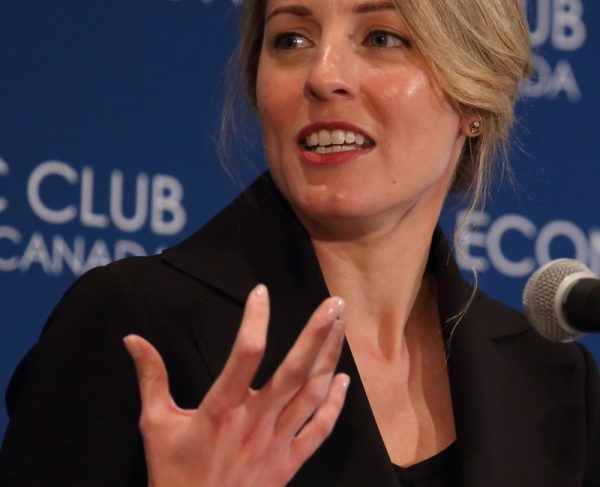
French broadcasters license renewal will carry on with just two Francophone commissioners
WE HAD THOUGHT IT was government policy which said in order to run any CRTC hearing about broadcasting in the province of Quebec, at least three commissioners must be Francophone.
When former CRTC vice-chair, broadcasting, Tom Pentefountas (Greek last name, but a Francophone Quebecker), announced a year ago last Wednesday that he was leaving the Commission, the Regulator immediately postponed a hearing into the framework for French-language vocal music applicable to French-language commercial radio. It’s not part of the official paperwork explaining the reason why that hearing was postponed, but it absolutely was put off because of the dearth of Francophone commissioners. There is still no date for that hearing.
The three-Francophone-commissioner requirement for Quebec hearings is actually not policy, but just a standard practice the Regulator has followed for a long time. Trying to keep to that practice has also delayed the start of a public proceeding on a new radio station in Quebec City.
However, on November 22 in Laval, when the Commission kicks off its proceeding on the renewal of television licences held by large English- and French-language ownership groups with the French language broadcasters, that practice will be set aside because the federal government has been so slow in replacing Pentefountas. We wonder how that will be received among some Quebec culture-watchers. The Francophone imbalance doesn’t even need to be fixed with a French vice-chair as the government could also appoint a Francophone at-large commissioner.
The only two Francophone commissioners are chairman Jean-Pierre Blais and Quebec commissioner Yves Dupras. Only one other commissioner will be named to the hearing panel so as to be a two-Francophone majority. That selection has not yet been made public.
We understand that there was a change in government last fall and that can delay things like appointments, but a year? The federal government finally called for applications for the vice-chair job in June but insiders who asked not to be named tell us interviews were only conducted with candidates about 10 days ago.
This is ludicrously slow, by any standard. Even chairman Blais expressed some frustration in September about the lack of action, lamenting then how there are also only two female commissioners. We asked Heritage Minster Mélanie Joly’s (pictured) office for comment on when an appointment might be coming, because it’s essentially up to her, and her spokesman told us in an email: “As you know, our government has announced a new process for nominations in order to make them more open, more transparent and more representative of our Canadian diversity. Announcements for this position will be made in due time.”
This is a Minister who is criss-crossing the country with her #DigiCanCon conversations to talk about Canadian content and adapting our laws and regulations to fit an ever changing, rapidly developing new media world – but a decision can’t be made on a new CRTC vice-chair inside of 12 months? That’s just shocking, really. There is also an empty office in Toronto as the Ontario commissioner position has sat empty now since Raj Shoan was let go in June. The federal government has yet to call for applications for that job.
As well, Manitoba and Saskatchewan commissioner Candice Molnar’s term comes to an end on January 7, 2017 and while there has been no official word, it is thought she will not be staying on. Chairman Blais’ own term runs out in June 2017, but there have been some theories on that…
Perhaps due to the documented internal strife between Blais and the now gone Shoan has scared away some good candidates so Minster Joly is not happy with the applicants. Perhaps she has a new Commission leadership structure in mind.
We don’t know though because for all the talk of openness and transparency, it’s hard to see anything new or open or transparent in the meandering drift towards a new vice-chair. The job was vacant, applications were called for and interviews happened. Just like always – but a year between a vice-chair’s departure and hiring a new one? That’s not just like always.
This has taken far too long.


